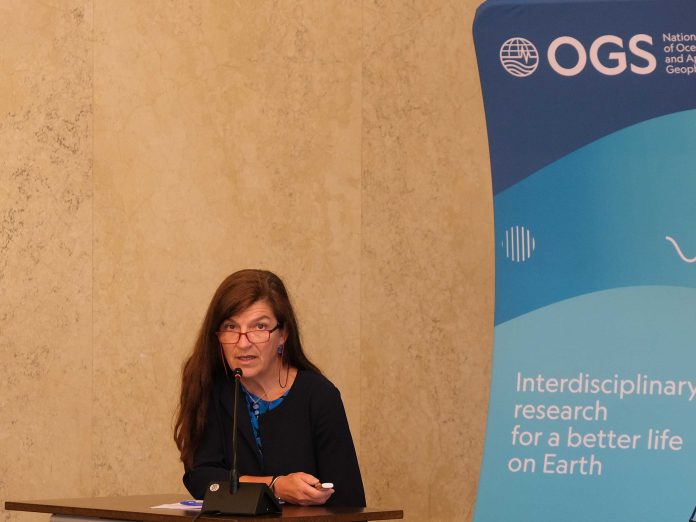by InTrieste
Alessandra Giorgetti, a veteran oceanographer and head of Italy’s National Oceanographic Data Center, has been appointed to the European Union’s newly formed expert group on ocean observation. In a move hailed as a significant recognition of her expertise, the Italian Ministry of Universities and Research selected Giorgetti to join the elite panel of specialists advising the European Commission on better monitoring of seas and oceans.
This initiative is part of a broader European effort to address the mounting challenges of marine data collection and usage. With climate change intensifying and marine ecosystems under threat, the Commission aims to establish a cohesive EU-wide approach to gathering and analyzing oceanic data. The ambition is simple: collect data once and use it for multiple purposes, reducing redundancies and improving the efficiency of monitoring efforts across the continent.
“I am deeply honored by this appointment,” Giorgetti said in an interview. “I look forward to contributing my expertise to this group and working closely with colleagues across Europe. We’ve spent decades coordinating marine data management and enhancing transparency. This is a vital opportunity to streamline efforts across the EU.”
The new expert group, which includes scientists and policymakers from member states, is tasked with providing recommendations to improve the infrastructure and logistics of ocean observation. According to Giorgetti, the group will serve as a vital link between the EU Commission and national agencies responsible for marine monitoring. Her appointment comes as recognition of her long-standing role as a national delegate for UNESCO’s Intergovernmental Oceanographic Commission, where she has played a crucial role in facilitating international marine data exchange.
Over her career, Giorgetti has focused on promoting open science and ensuring data accessibility, a mission that aligns closely with the EU’s goals. Since 2004, she has led the Marine Data Center at the National Institute of Oceanography and Experimental Geophysics (OGS) in Trieste, a key hub in UNESCO’s global network of oceanographic data centers. Giorgetti previously served as Deputy Director of the OGS Oceanography Section for nearly a decade.
The European Commission’s push for enhanced marine observation comes at a time of growing concern over the health of the planet’s oceans. Fragmented data systems, inadequate funding, and uneven distribution of resources have long hampered efforts to monitor marine environments effectively. At the first meeting of the expert group in Brussels on June 25, the Commission unveiled findings from a public consultation that outlined key challenges facing marine observation. Among the primary obstacles were slow innovation cycles, a lack of standardized operational procedures, and confusion over the allocation of responsibilities.
To tackle these issues, the Commission hopes to establish a common digital platform, where data from all EU member states can be easily accessed and utilized for multiple applications—from climate research to maritime safety. A more integrated approach to ocean observation could prove critical in tackling pressing environmental issues, including biodiversity loss, ocean acidification, and the impacts of rising sea levels.
“The public consultation results made it clear that there is an urgent need for EU-level action,” said a spokesperson for the European Commission. “This expert group is the first step toward a more coordinated and efficient observation system that will help us safeguard marine ecosystems for future generations.”
As Giorgetti prepares for the group’s next meeting in December, she emphasized the importance of collaboration. “I intend to consult closely with Italy’s scientific community involved in ocean observation,” she said, “Their insights will be invaluable as we work to shape the future of marine monitoring in Europe.”
With the EU increasingly positioning itself as a global leader in climate action, this initiative could mark a significant shift in how marine ecosystems are monitored, managed, and preserved. Thirty-two experts from 17 countries participated in the first meeting, underscoring the scale and complexity of the task ahead.
For Giorgetti, the mission remains clear. “Our goal is to make marine data accessible and actionable for everyone, from scientists to policymakers,” she said. “If we get this right, we can create a system that not only protects our oceans but also enhances the quality of life for people across Europe and beyond.”





























